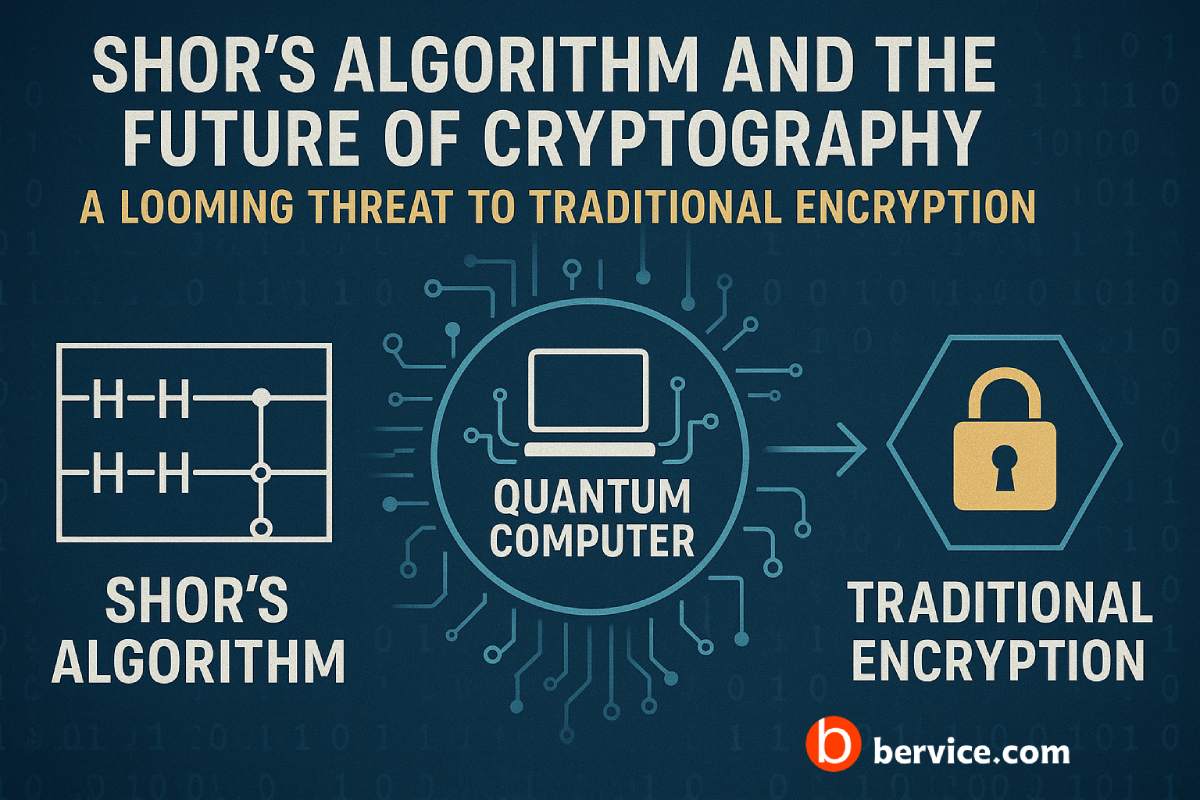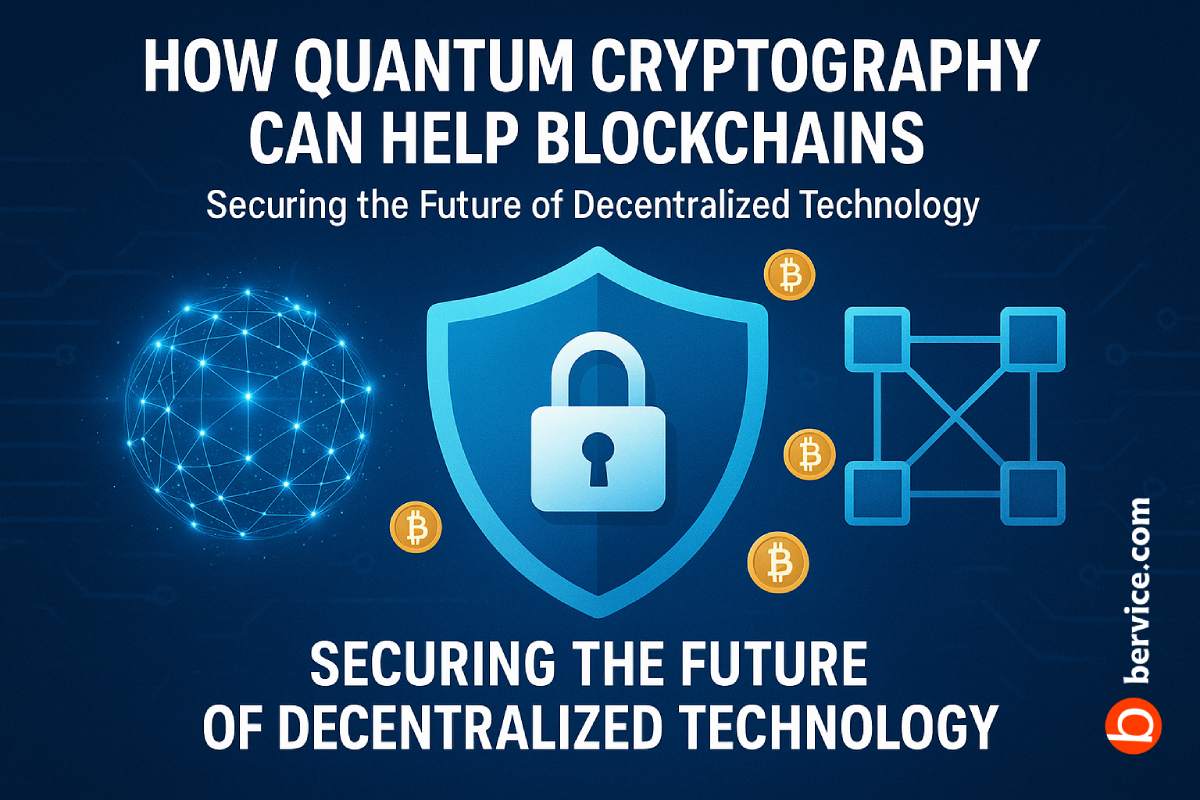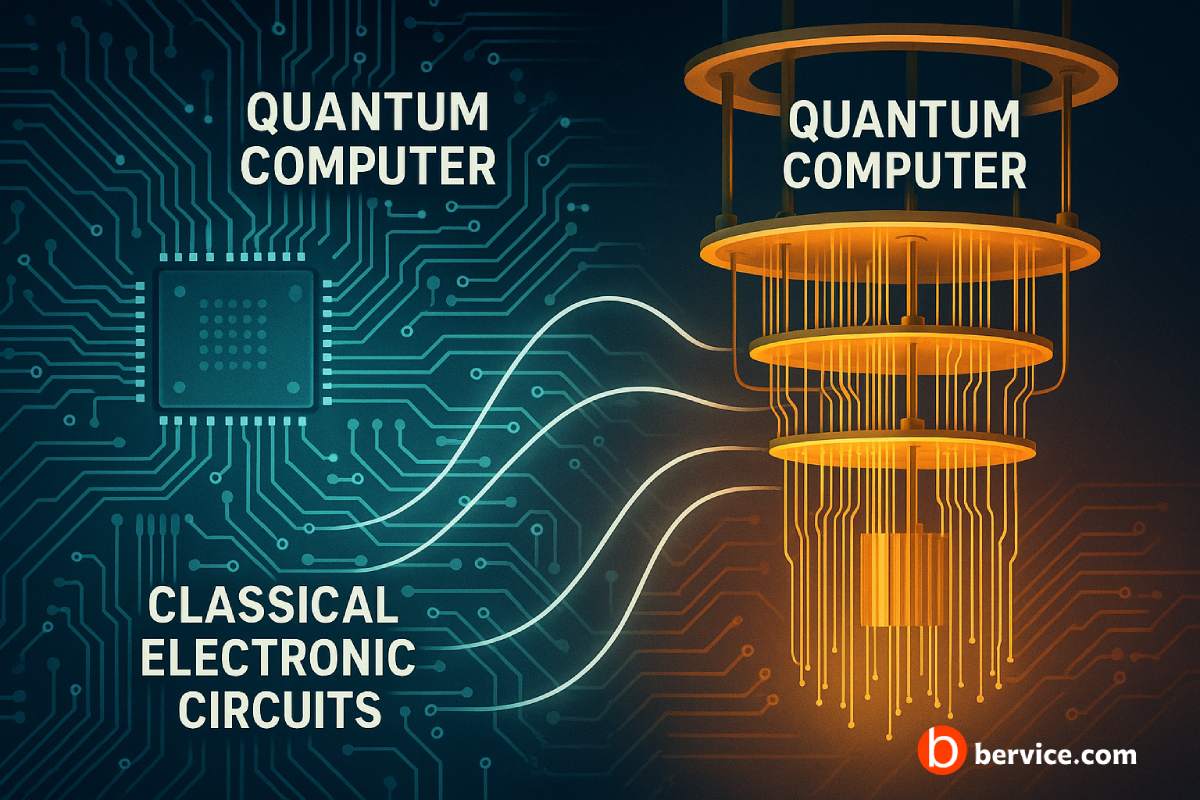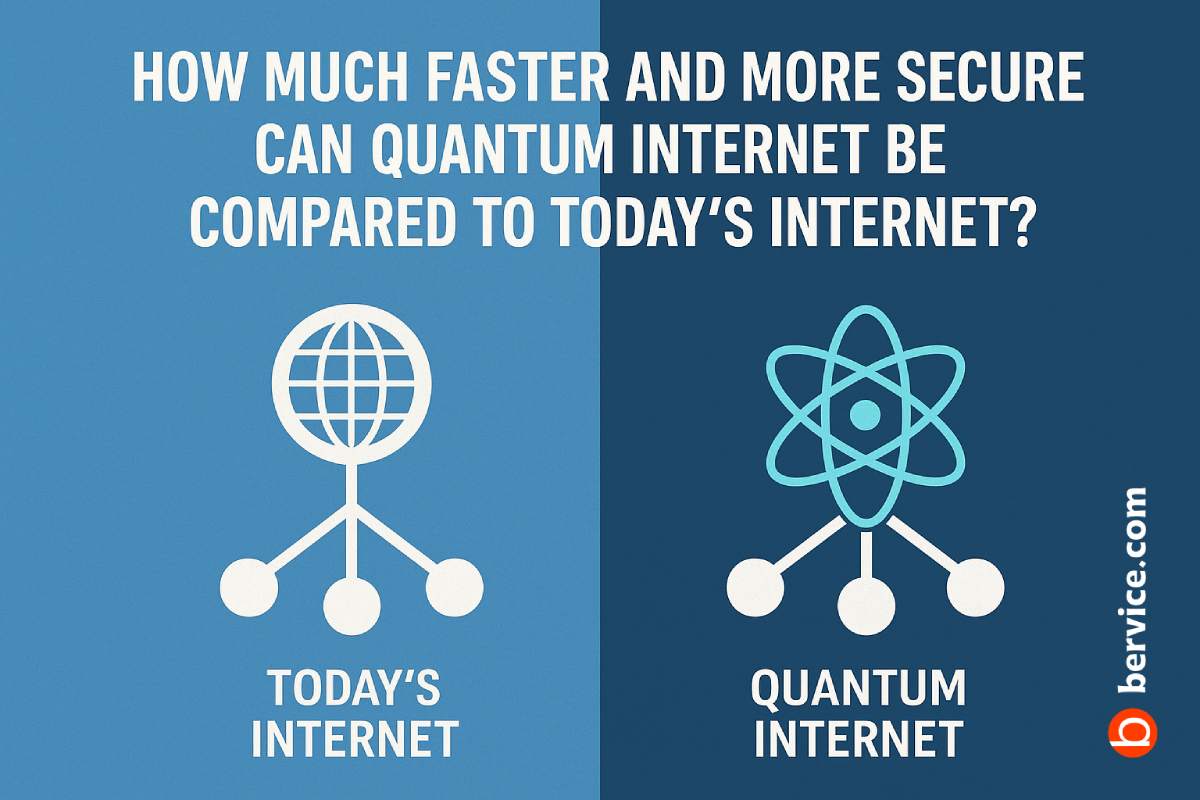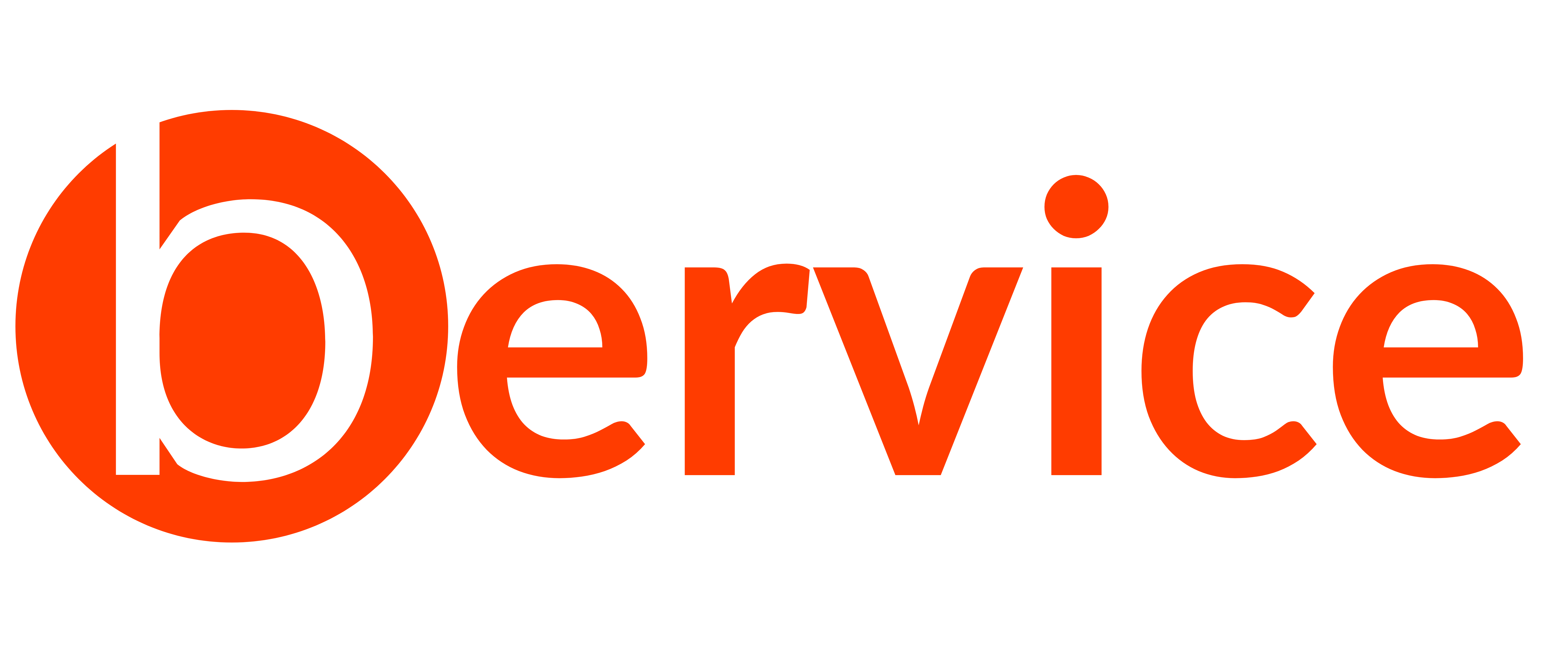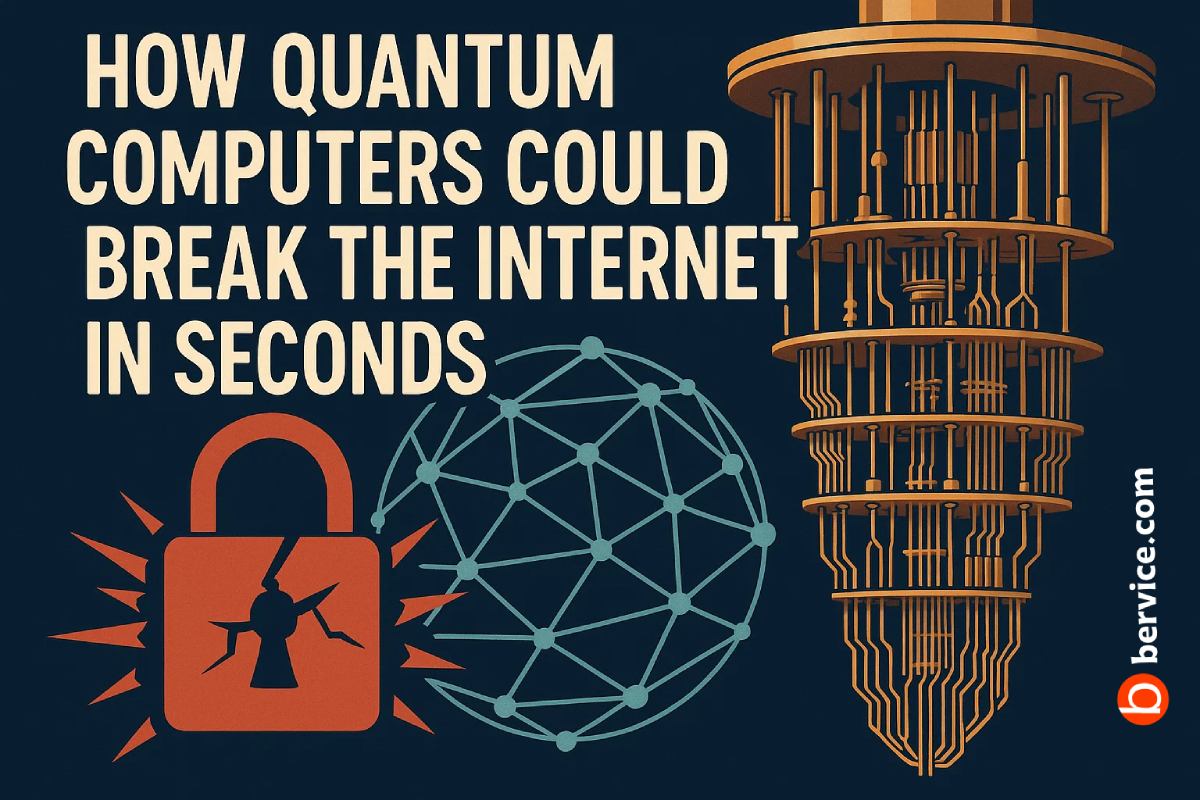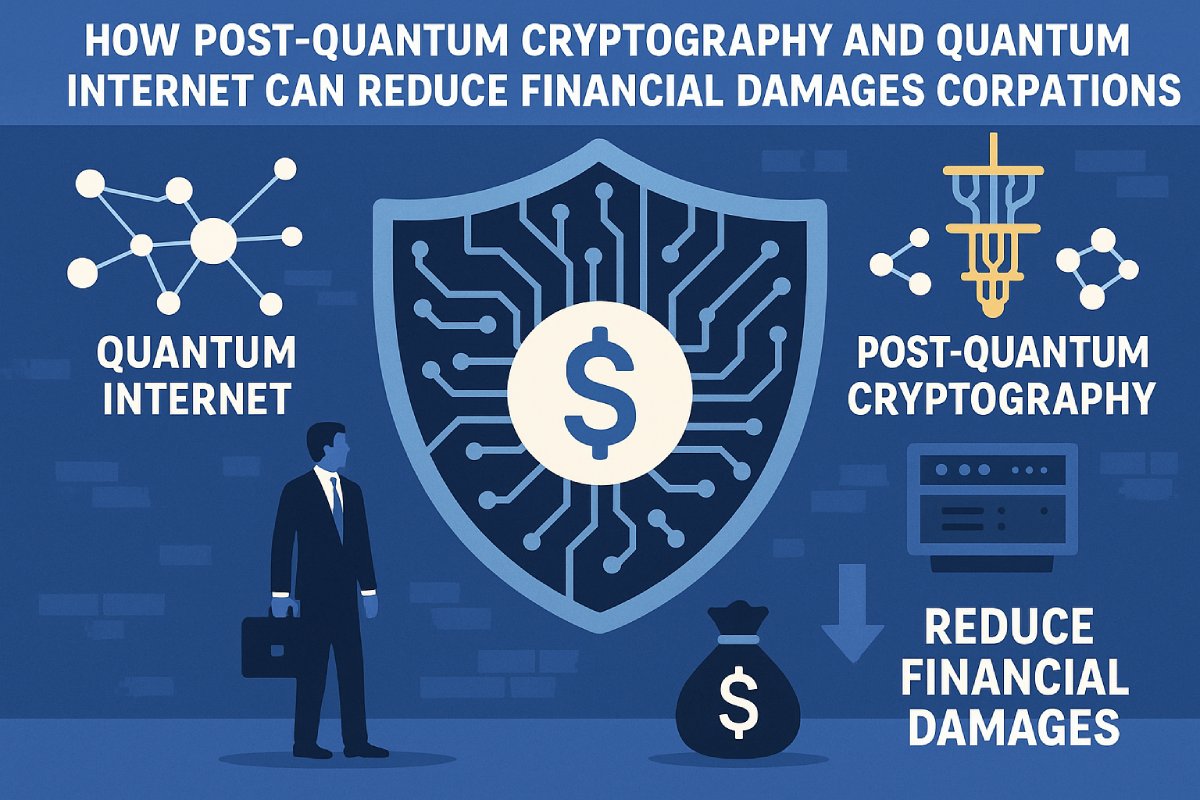
🧠 Introduction: The Quantum Threat and Corporate Vulnerability
In the digital age, data breaches and cyberattacks have become one of the most expensive threats to modern corporations. According to IBM’s 2024 report, the average cost of a data breach has surpassed $4.5 million. With the looming advent of quantum computers, today’s encryption methods like RSA and ECC could become obsolete — exposing sensitive corporate data to “harvest now, decrypt later” attacks. This threat amplifies the urgency for transitioning to Post-Quantum Cryptography (PQC) and exploring the secure communication backbone offered by the Quantum Internet.
🔐 Post-Quantum Cryptography: A Shield Against Future Breaches
Post-Quantum Cryptography consists of cryptographic algorithms designed to resist quantum attacks, particularly those powered by Shor’s algorithm, which can break RSA and ECC in polynomial time. By deploying PQC-based systems:
- Corporate secrets remain confidential, even if harvested today and decrypted later by future quantum machines.
- Legal penalties and reputational loss due to leaked data can be avoided.
- Compliance with upcoming international standards (like NIST’s PQC selections) future-proofs corporate infrastructure.
🔍 Example: Financial firms and health institutions can start adopting lattice-based or hash-based encryption systems that remain secure even in a post-quantum era, drastically reducing long-term security liabilities.
🌐 Quantum Internet: Unbreakable Communication Channels
Unlike classical internet protocols, the Quantum Internet promises Quantum Key Distribution (QKD) — enabling unhackable communication lines via entangled photons. QKD ensures that any interception attempt immediately destroys the quantum state, alerting both parties.
Benefits to corporations include:
- Guaranteed confidentiality in mission-critical communications (e.g., mergers, trade secrets).
- Zero risk of man-in-the-middle attacks, which are common in classic VPN or TLS systems.
- Elimination of costly third-party secure channel providers, saving millions over time.
📊 A 2023 McKinsey study estimated that Fortune 500 companies lose over $80 billion annually to IP theft — a figure that could drop significantly with QKD deployment.
💰 Direct Cost Reductions and Risk Mitigation
The financial damage from breaches involves far more than the ransom or data recovery — including:
- Legal fees & lawsuits
- Customer churn
- Regulatory fines (e.g., GDPR)
- Stock price drops
By integrating PQC and quantum-secure channels:
- Incident frequency drops, lowering insurance premiums.
- Response and containment costs decrease, thanks to improved resilience.
- Long-term ROI improves, especially in sectors like finance, energy, and defense.
🧾 Case Insight: JPMorgan Chase’s investment into quantum-resilient systems and QKD pilots is already setting an example — not just for security, but for cost containment across global financial networks.
🚀 Strategic Roadmap for Enterprises
To leverage quantum technologies for cost-saving and risk reduction, corporations should:
- Audit existing cryptographic assets for quantum vulnerabilities.
- Begin PQC migration today — particularly for long-lifetime data (e.g., health records, patents).
- Collaborate with quantum network providers to test and deploy QKD.
- Train cybersecurity teams in post-quantum standards and hybrid models.
- Engage in policy and standards bodies to shape secure regulations.
🧾 Conclusion: Security as a Cost-Saving Investment
Post-Quantum Cryptography and the Quantum Internet are not just futuristic ideas — they are practical responses to a growing threat. For large corporations, investing in quantum-resilient infrastructure today means mitigating tomorrow’s billion-dollar damages. What was once an IT budget line is now a board-level priority: quantum-safe security is the new foundation of corporate sustainability.
Connect with us : https://linktr.ee/bervice
